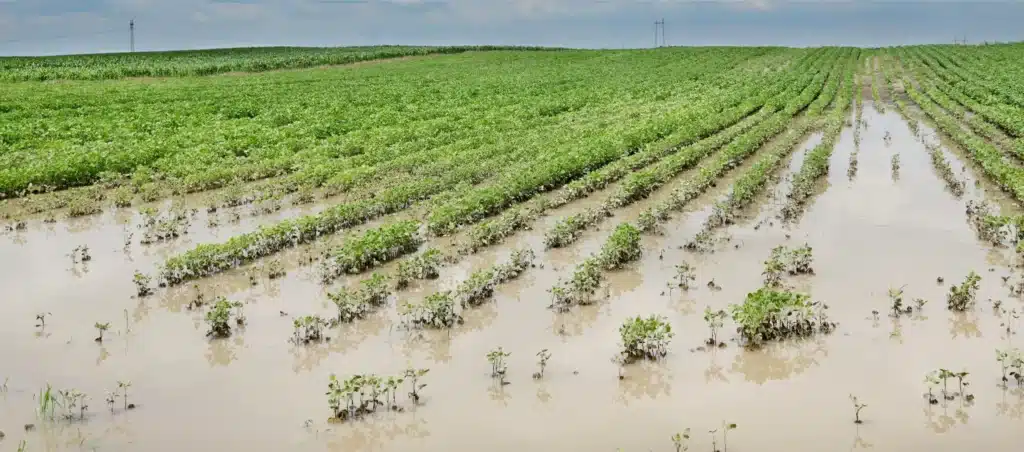In the context of farming, the language of resilience and adaptation is increasingly common. But what is resilience, and what role can nature play in bringing it about? Here we explore the importance of nature on the farm for resilience…
Financial resilience
When talking about financial resilience on the farm, there will always be a degree of unpredictability. Prices of inputs, such as seed and fertilisers for example, can vary drastically – driven by external factors far beyond the control of individual farms. Surplus and shortages, as well as disruption in international trade (such as the conflict in Ukraine), are just some examples.
Given the essential role that government schemes play in the viability of many farming businesses in the UK, there is a degree of uncertainty in the face of emerging policies and unclear commitments in terms of the agricultural budget. Financial resilience for farms, then, is dependent on a complex political economy which often wrests control from those working on the ground trying to maintain a viable business whilst producing food.
The role of nature
Conversations across the sector are beginning to point to the undeniable link between financial and ecological resilience. As the climate crisis accelerates, warming is leading to extreme – and unpredictable – weather events. This year illustrates this adeptly; the UK experienced one of the wettest winters on record. Agriculture – horticulture in particular – suffered as a result, with many farmers suffering heavy crop losses, whilst some were simply unable to plant at all due to the highly waterlogged and flooded ground. The financial impact of this is not yet clear, but estimates suggest that the UK’s food production capacity decreased by at least a tenth. Extreme rain not only damages crops, but contributes to soil erosion and subsequent nutrient run off. Inversely extreme heat can lead to drought and crop failure. However, integrating natural management systems can mitigate the impact of such extreme weather conditions, and thereby reduce the risk that these farms face.
Soil structure and regenerative farming
One such practice (or set of practices) is regenerative farming, which is being adopted at a larger and larger scale, pioneered by organisations such as Wildfarmed and Riverford. With its focus on rebuilding and preserving organic soil matter, structure, and biodiversity, regenerative farming is showing that soil resilience is critical to our food systems. In other words, the food we grow is fundamentally dependent on the soil – if we preserve the soil, we preserve our ability to produce food. Moreover, it is clear that regenerative farming can offer farmers clear financial benefits.

Water retention
Water retention is another key area where resilience can be brought to the farm. As temperatures increase, crops and livestock are at risk of dying in extreme heat where drought sets in, as shown by the impact of extreme temperatures in the summer of 2022. Not only can this be mitigated by improved water retention (the land’s capacity to hold and store water) but when rain sets in, the risk of flooding (and soil erosion) is reduced considerably. Many are turning to natural flood management as a means of increasing their resilience, as we explored in this case study with FarmED. Focusing on ensuring water is held in the right places, rather than immediately drained off the land (often into local towns or villages) has the benefit of not just reducing flood risk but improving biodiversity, and the potential impact of drought in extreme weather scenarios.

These are just some of the ways in which on-farm resilience can be considered through ‘nature-based solutions’. There are of course many different approaches, some which are suited to all farms, some which are highly location specific. Generally however, there is a clear sense that improving the resilience of natural systems directly corresponds to the financial resilience of farming businesses.
As government schemes seek to fund nature-friendly farming, and private markets begin to consider how they might do the same, an increasing number of funding options exist for those seeking support in moving toward a more sustainable and resilient approach to land management. The burden, of course, cannot lie with farmers alone. But protecting and enhancing the natural systems upon which we depend is far easier, and less costly, than implementing strategies to try and restore them once lost.

